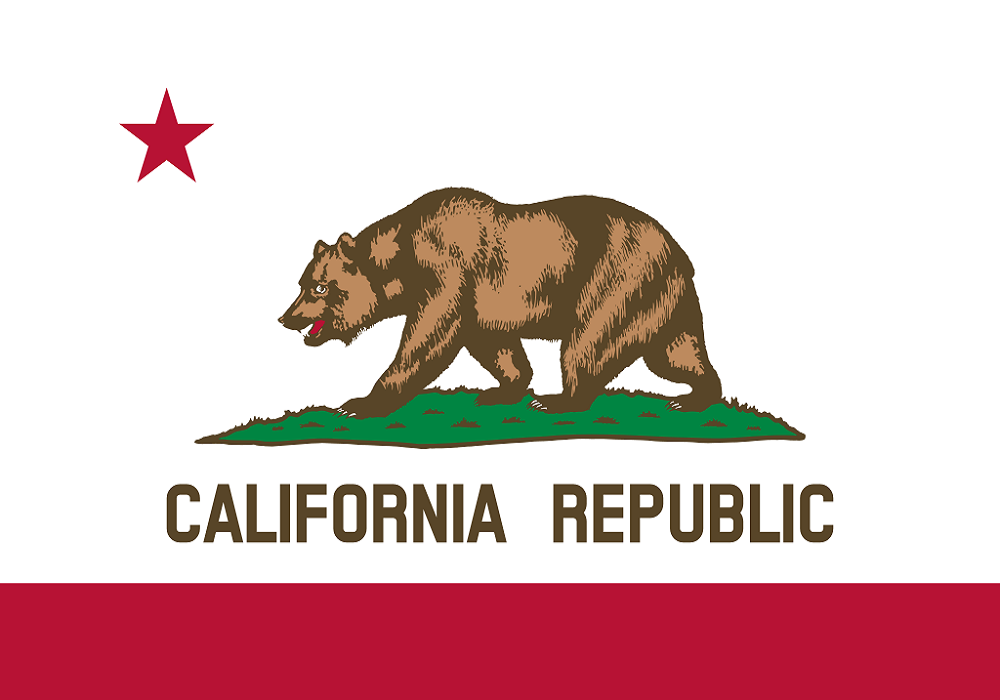The following types of discovery may be sought, through service of a subpoena and without a court order, from a member of a class who is not a party representative or who has not appeared:
A party representative, deponent, or other afifected person may move for a protective order to preclude or limit the discovery.
A party may not serve interrogatories on a member of a class who is not a party representative or who has not appeared, without a court order.
In deciding whether to allow the discovery requested under (a) or (c) , the court must consider, among other relevant factors:
Cal. R. Ct. 3.768

